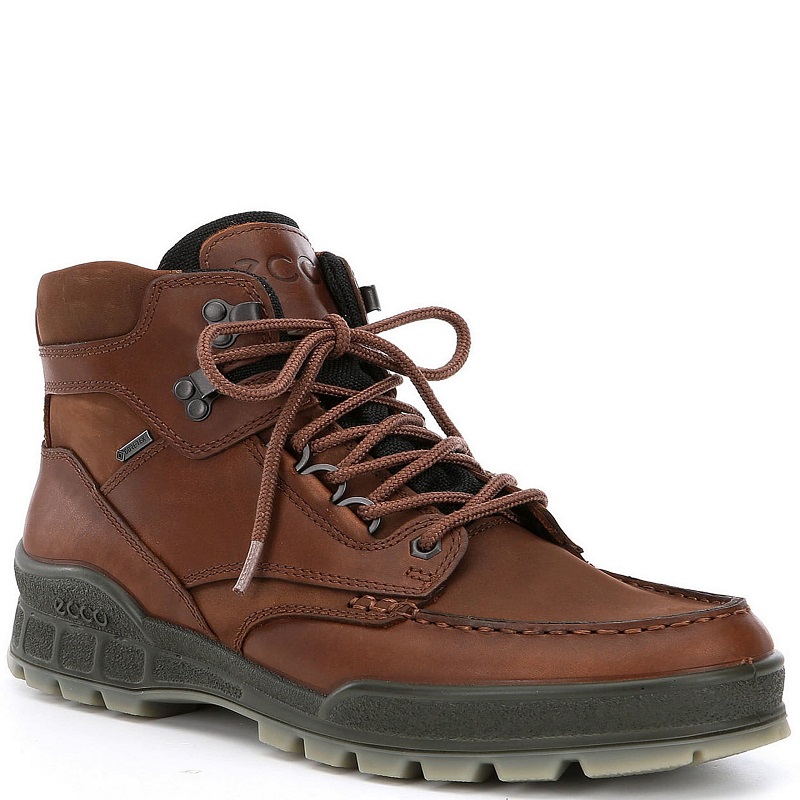One of the most important decisions when it comes to hiking is choosing the light weight hiking shoes. When it comes to hiking shoes, especially for long treks, it’s essential to find a pair that is not just comfortable, but also lightweight. Light weight hiking shoes can make a huge difference in your hiking experience, as they provide the necessary support and protection while also preventing unnecessary fatigue. So, how do you choose the right light weight hiking shoes? Here are some tips to help you make the best decision.
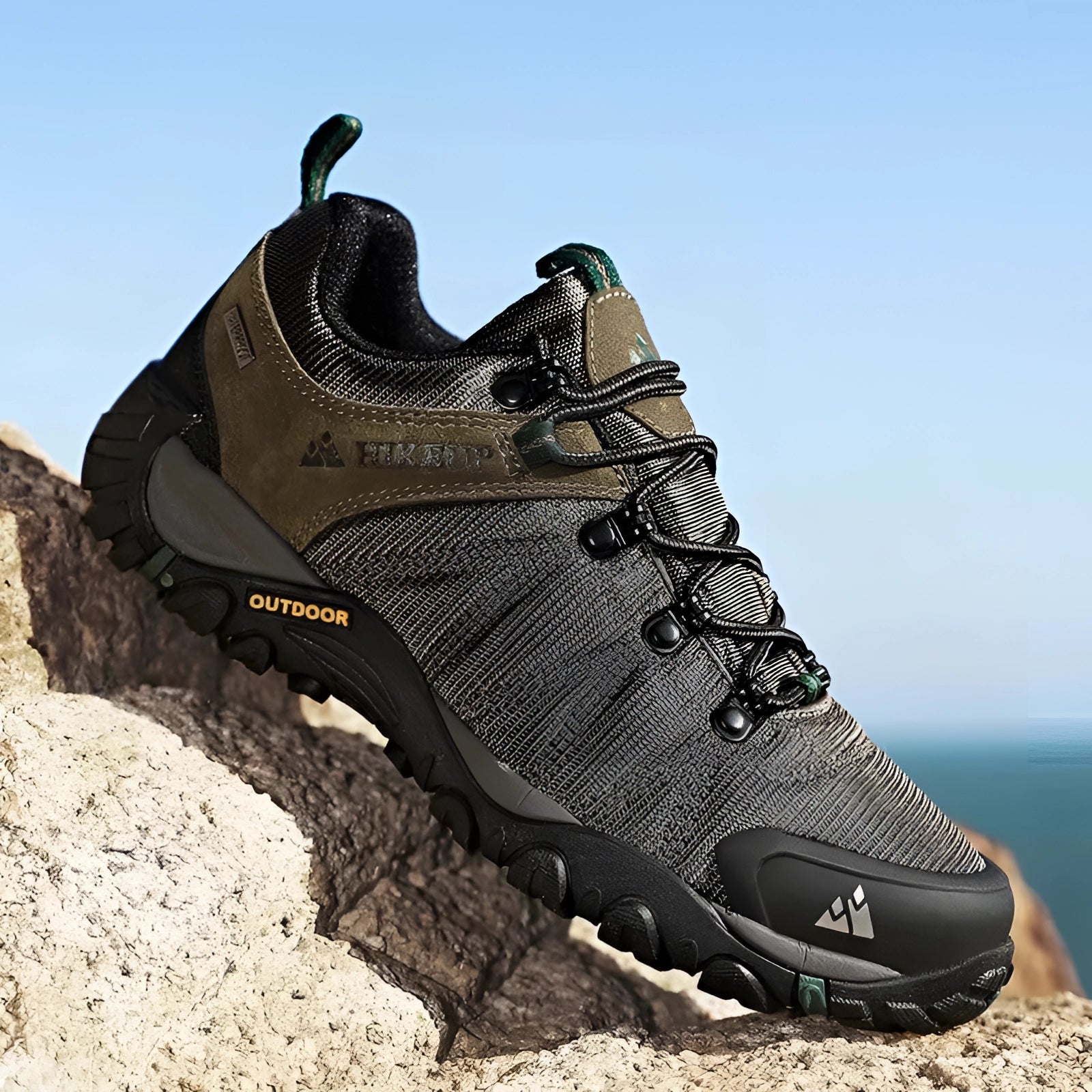
Consider the Terrain
The first step in choosing the right light weight hiking shoes is to consider the type of terrain you will be hiking on. Different terrains require different levels of support, traction, and protection. If you will be hiking on rocky and uneven terrain, you will need shoes with a sturdy sole and good ankle support. For smoother and less technical terrain, a lighter and more flexible shoe might be more suitable. Understanding the terrain will help you narrow down your options and choose the right type of light weight hiking shoes.
Fit and Comfort
Fit and comfort are two of the most important factors to consider when choosing hiking shoes. No matter how lightweight a pair of hiking shoes may be, they are useless if they don’t fit properly or aren’t comfortable to wear. When trying on hiking shoes, make sure there is enough room for your toes to wiggle, but not so much room that your foot slides around inside the shoe. Additionally, look for shoes with good arch support and cushioning to ensure maximum comfort on the trail.
Waterproofing
Depending on the climate and terrain you will be hiking in, waterproofing may be an important feature to consider. If you are likely to encounter wet or muddy conditions, it’s a good idea to invest in a pair of light weight hiking shoes with waterproofing. Waterproof shoes will help keep your feet dry and comfortable, especially when crossing streams or hiking in rainy weather. Keep in mind that waterproof shoes may not be as breathable as non-waterproof options, so consider the climate of the area you will be hiking in when making this decision.
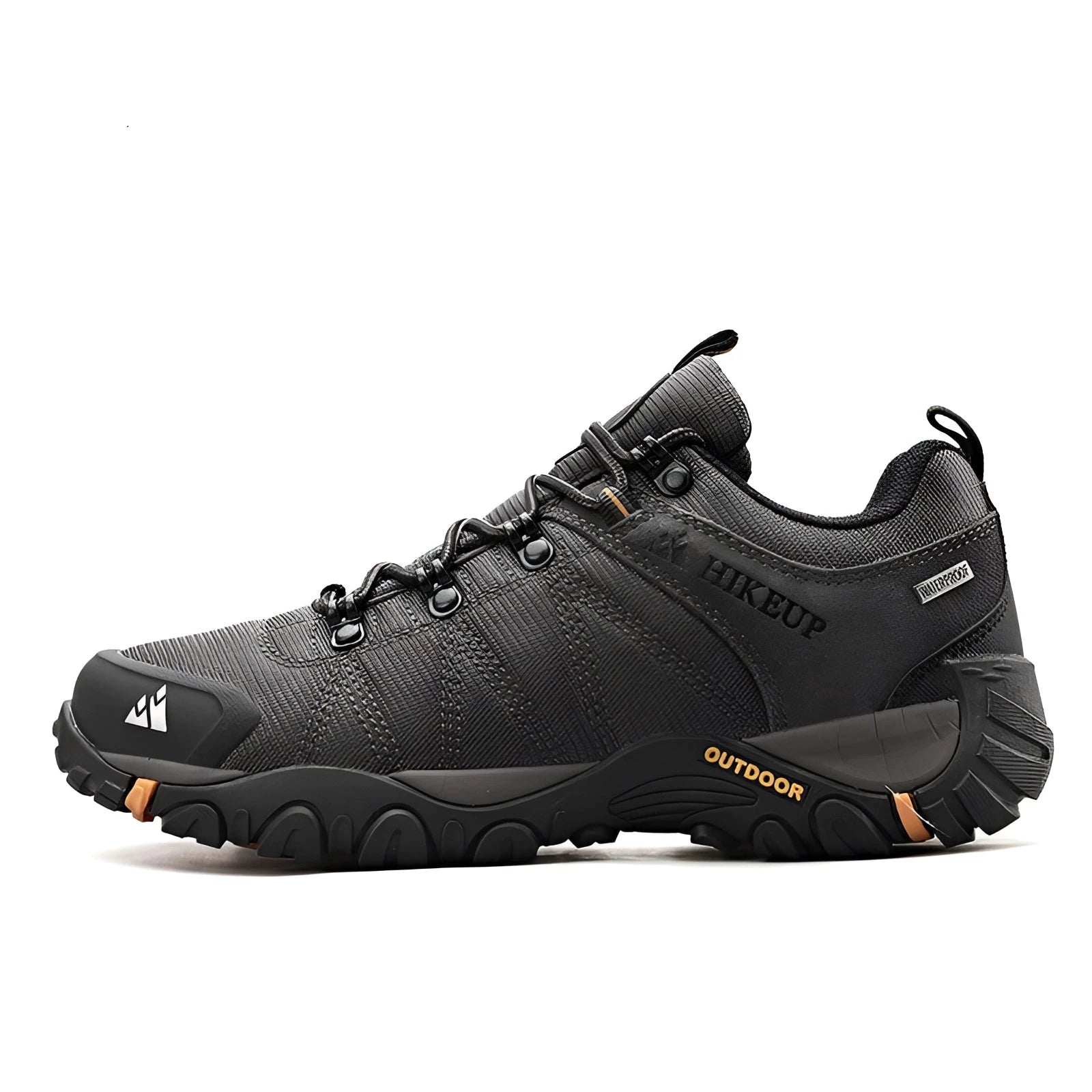
Durability
Hiking shoes are an investment, so it’s important to choose a pair that is durable and will last for many hikes to come. Look for shoes with sturdy construction and high-quality materials that can withstand the wear and tear of the trail. Pay attention to the overall build of the shoes, including the stitching, seams, and material quality. Some light weight hiking shoes may sacrifice durability for lighter weight, so finding a good balance between the two is key.
Weight
As the name suggests, the weight of the hiking shoes is a crucial factor to consider when choosing the right pair. Light weight hiking shoes are designed to reduce fatigue and make hiking more enjoyable, so it’s important to find a pair that is lightweight without sacrificing necessary features such as support and protection. Pay attention to the materials used in the shoes and consider trying on a few different pairs to compare their weights and how they feel on your feet.
Traction
Traction is another important consideration when choosing hiking shoes, regardless of their weight. Look for shoes with a good tread pattern and sturdy outsoles that provide reliable grip on various surfaces. The last thing you want is to slip and slide on the trail, so finding shoes with excellent traction will help you stay safe and steady on your feet.
Breathability
On long hikes, your feet are likely to sweat, especially in warmer temperatures. Breathable hiking shoes can help reduce moisture and keep your feet comfortable throughout the day. Look for shoes with mesh panels and breathable materials that allow air to flow in and out, preventing your feet from getting overheated and sweaty.
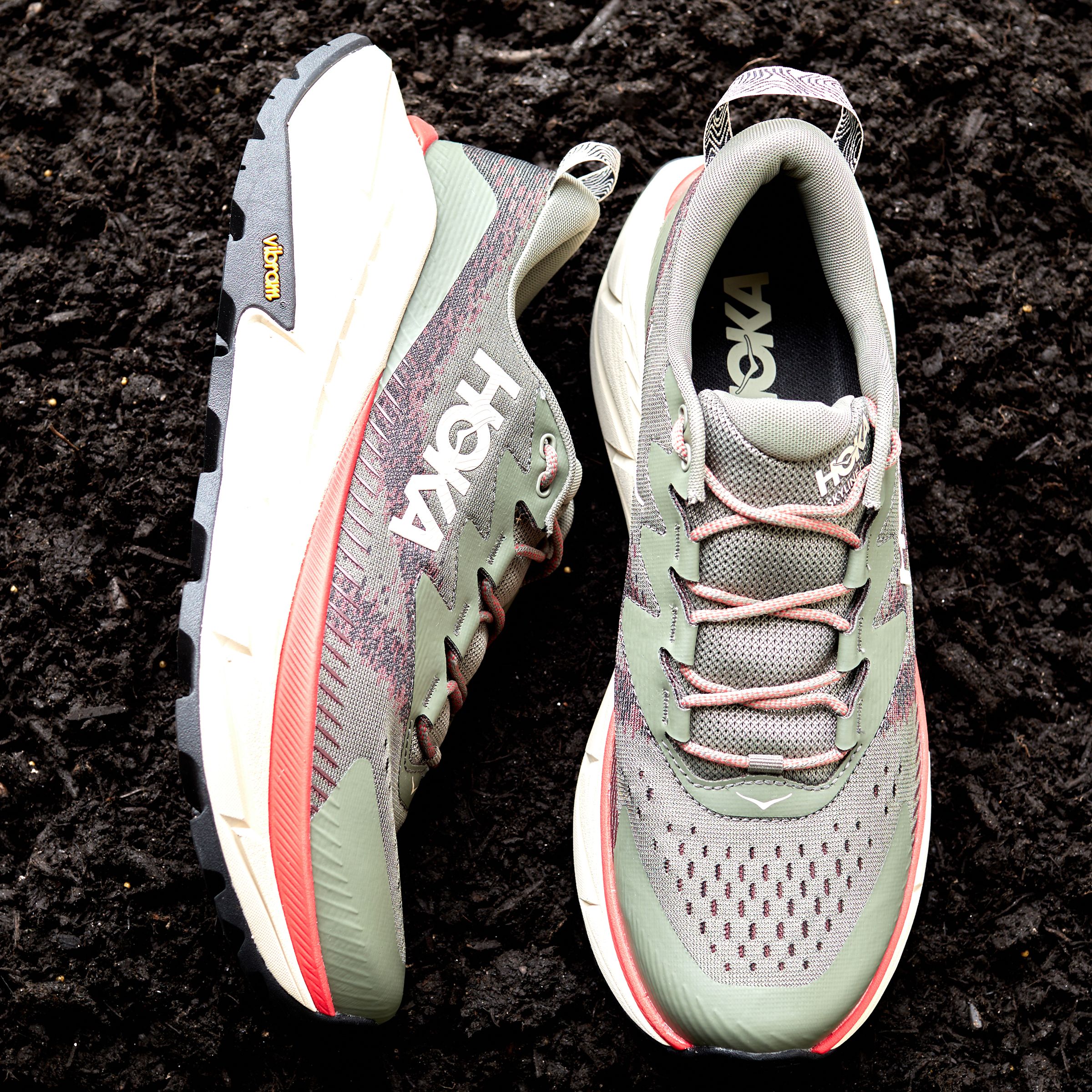
Advantages of light weight hiking shoes
Hiking is a wonderful outdoor activity that allows people to connect with nature, enjoy beautiful scenery, and stay active. However, having the right gear is essential for a successful hike, and one of the most important items for hikers is their shoes. Lightweight hiking shoes have become increasingly popular among outdoor enthusiasts due to their numerous benefits.
Comfort and Agility
One of the primary advantages of lightweight hiking shoes is the comfort they provide. Compared to traditional heavy hiking boots, lightweight shoes are more flexible and allow for a greater range of motion. This makes them ideal for navigating difficult terrain, such as rocky paths or steep inclines. Additionally, the lighter weight of these best hiking boots reduces fatigue and strain on the feet and legs, allowing hikers to cover longer distances with less effort.
Breathability
Another benefit of lightweight hiking shoes is their breathability. Many lightweight models are designed with breathable materials, such as mesh or quick-drying fabrics, which allow air to circulate and keep the feet cool and dry. This is especially beneficial in hot and humid conditions, as it helps to prevent blisters and discomfort caused by sweaty feet. Additionally, the breathability of lightweight shoes can also help to reduce the risk of fungal infections, such as athlete’s foot, which can thrive in warm, moist environments.
Versatility
Lightweight hiking shoes are known for their versatility, making them suitable for a wide range of outdoor activities. Whether you are hiking on well-groomed trails, scrambling over rocks, or crossing streams, lightweight shoes offer the flexibility and grip needed to handle various terrains. Furthermore, many hikers find that lightweight shoes are also suitable for other activities, such as trail running, backpacking, or even everyday wear. Their versatility makes them a practical choice for outdoor enthusiasts who enjoy a variety of adventures.
Quick Drying
In addition to breathability, lightweight hiking shoes are often designed to dry quickly when they get wet. This is a significant advantage in wet conditions, as it helps to prevent discomfort and blisters caused by soggy shoes. Whether you are hiking in a downpour, crossing a stream, or stepping in puddles, knowing that your shoes will dry out quickly can provide peace of mind and keep you comfortable throughout your hike.
Reduced Risk of Injury
The lightweight and flexible design of hiking shoes can also reduce the risk of injury. Heavy hiking boots can be cumbersome and may hinder the natural movement of the foot, increasing the likelihood of tripping or twisting an ankle. Lightweight shoes, on the other hand, allow for more natural movement and agility, which can help hikers navigate tricky terrain with greater ease and reduce the risk of injury.
Less Fatigue
The reduced weight of lightweight hiking shoes can also contribute to less fatigue during a hike. Carrying lighter shoes on your feet means less overall weight to lift with each step, which can make a noticeable difference over the course of a long hike. This can help hikers feel more energized and less fatigued, allowing them to enjoy the journey and stay motivated throughout their outdoor adventure.
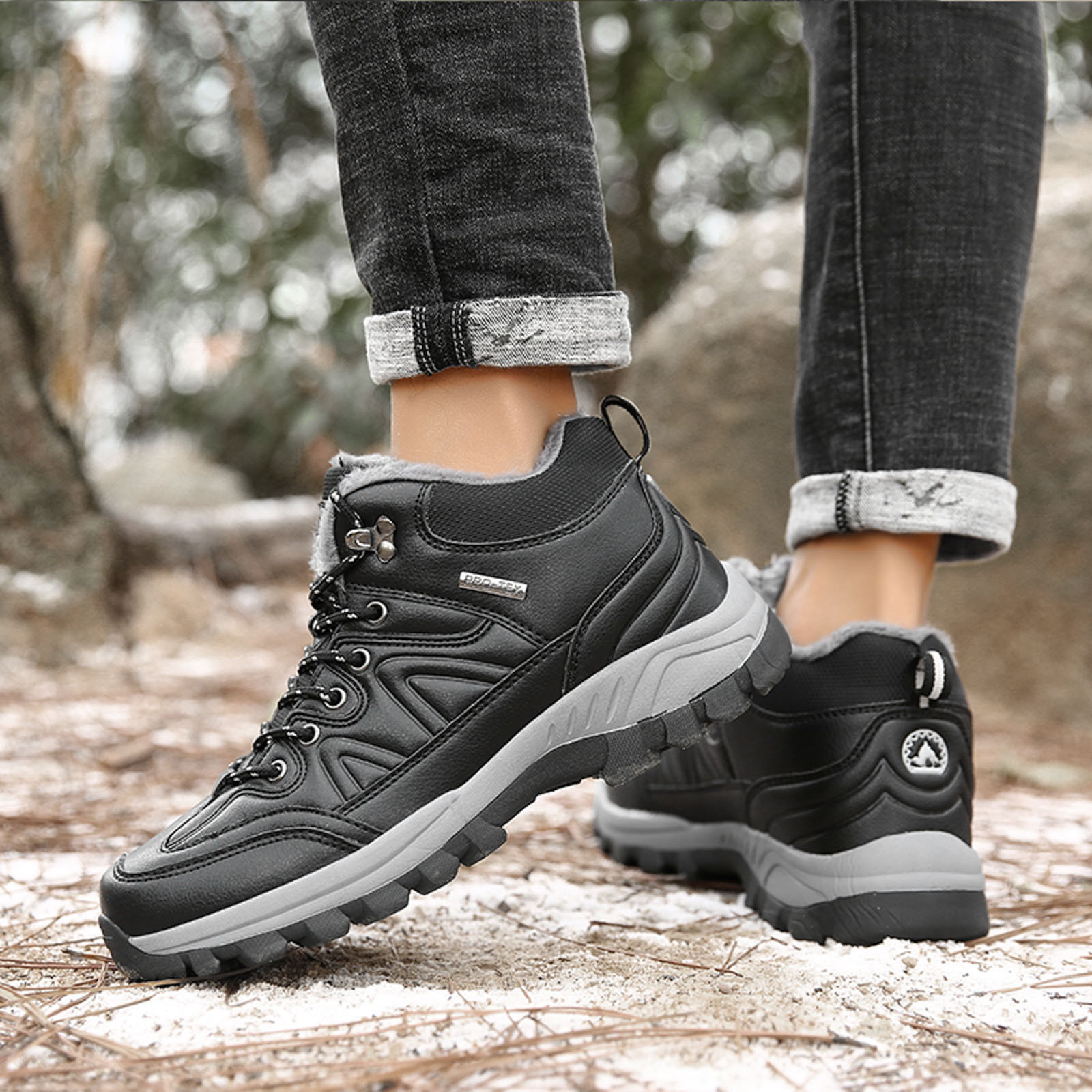
Conclusion
Choosing the right light weight hiking shoes can greatly enhance your hiking experience. By considering factors such as terrain, fit, waterproofing, durability, weight, traction, and breathability, you can find a pair of hiking shoes that will support and protect your feet while keeping you comfortable on the trail. So, before your next hiking adventure, take the time to research and try on different light weight hiking shoes to find the perfect pair for your needs.
